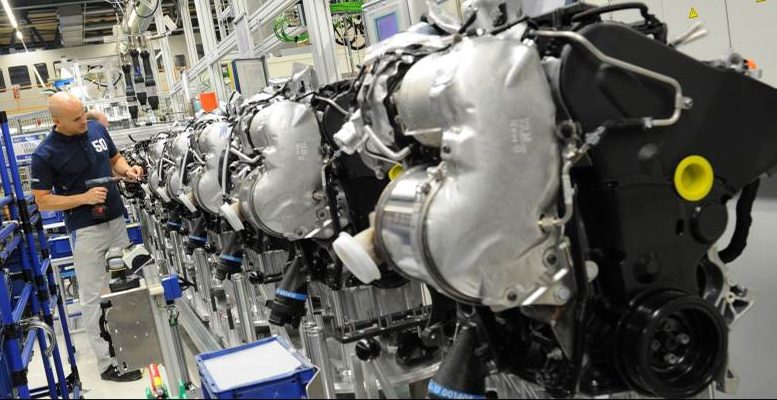Morgan Stanley | The global manufacturing PMI moderated in November to 53.7 after reaching the peak of the cycle in October (54.3), but even so it is still well above the last 10 years average. In addition 86% of the PMIs that make it up are still in expansion territory. The PMIs are sequential indicators so it is quite normal to see this moderation after the strong rebound. The exception has been China, where the figure rose to 52.1, reaching a new high after the Covid shock.
On the other hand, it should be noted that the sub-components of PMIs can be considered leading indicators. In this sense, new orders also moderated to 56 points compared to 57.5 in October, but new exports recorded the third consecutive month of expansion (53.1 against 52.7), which suggests more room for improvement in the global trade cycle.
As for services PMIs, in China it improved to 55.7 (vs 55.5 in October), confirming once again that the recovery of the economy is widespread. In the US, this indicator remained stable around 58. In the Eurozone, the return of mobility restrictions has caused the services PMI to fall to 41.3, close to the May-June levels (although the manufacturing PMI has held at 53.8).
Among the Eurozone’s main economies, all services PMIs fell back in November, to levels below the 50-point threshold. The biggest drop was in France , where the indicator plummeted 7.7 points to 38.8 (vs. 46.5 points in October). In Germany, it fell to 46 points, compared to 49.5 the previous month. In Italy, it decreased significantly by 7.3 points to 39.4 (vs. 46.7 points in October). And in Spain, the fall in the services PMI was lower than its European counterparts, down to 39.5 (-1.9 points compared to the previous month).
With the restrictions in place in most developed countries, we expect services PMIs to remain weak in the coming months before rebounding when those limitations are lifted.





